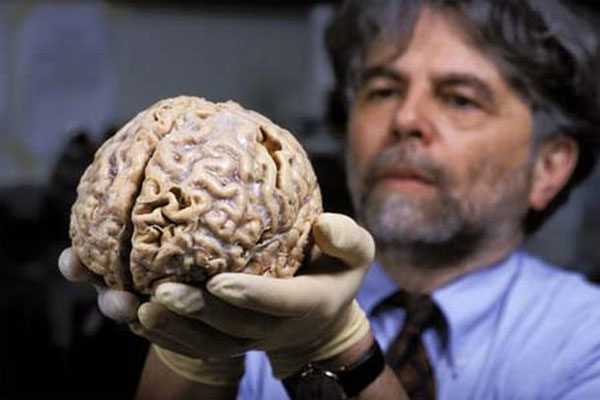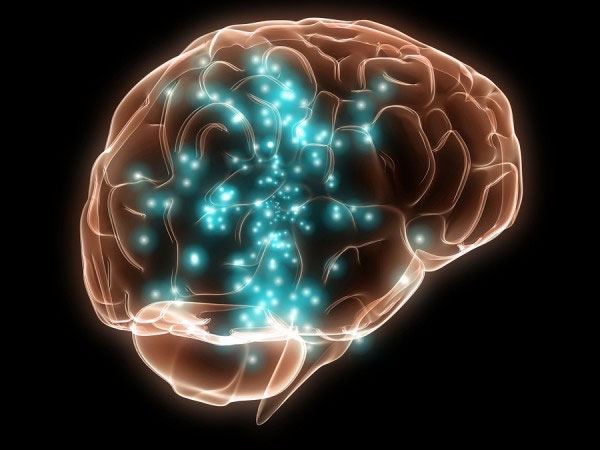Why are people smarter at cold temperatures?
The smartest human story at 22 degrees Celsius is not simple in that cold temperatures help people calmly think but also originate from the impact of temperature itself on the energy supply process. for the inner workings of the brain.
Amar Cheema scientists from the University of Virginia and Vanessa M. Patrick of the University of Houston, USA did not stop at external observatory experiments such as choosing lottery tickets or spelling mistakes of the articles of the participants. study when placed in hot and cold temperature rooms to compare and draw conclusions about the effect of temperature on human intelligence. The two scientists also studied in depth the process of temperature effects on glucose consumption.

The effect of temperature on glucose consumption affects the clarity of the human brain.(Illustration)
It is also the key to answering the problem of why people in the cold can be more alert when in a hot environment.In hot weather, the human body will have to take more energy to cool compared to warming the body when it's cold. Meanwhile, the energy of the human body comes from the sugar itself . This is also essential for brain movement.
Examining the glucose consumption process in a group of participants in two hot and cold rooms with different temperatures, the two researchers found that the options required complex perception for participants Hot room is quickly more misleading due to the significant loss of glucose in the cold room. That has undermined their cognitive function. In contrast, when the body has to lose less energy in a cool room, it helps the sugar available to the brain to be richer to help the brain perform better cognitive function.

A body low in glucose when cold temperatures help store sugar for brain activity.
The results of this study were published by Amar Cheema of the University of Virginia and Vanessa M. Patrick of the University of Houston on the Scientificamerican page on February 12, 2013.
Before the study, scientists have long known that glucose is the fuel for brain activity. In a study published in the Journal of Clinical Nutrition (American Journal of Medical Nutrition) in 1998, scientists showed evidence that glucose plays an important role in improving ability. human learning and awareness.
- Russia: 123 people died from cold weather
- Mechanism to adapt to cold temperatures of plants
- Russia: 45 people died from the cold price of -50 degrees Celsius
- Cold prices in the US and Canada continue to be complicated
- Treatment for cold burns
- Drinking cold water, sitting in harmony makes office people vulnerable
- Europe continues to cope with prolonged cold prices
- China suffered the worst cold spell in 30 years
- People who live in cold areas increase their risk of cancer
- Russia experienced the coldest day in winter
- The North receives cold air, the Central is capable of heavy rain
- Russian homeless people
 'Fine laughs' - Scary and painful torture in ancient times
'Fine laughs' - Scary and painful torture in ancient times The sequence of numbers 142857 of the Egyptian pyramids is known as the strangest number in the world - Why?
The sequence of numbers 142857 of the Egyptian pyramids is known as the strangest number in the world - Why? History of the iron
History of the iron What is alum?
What is alum?